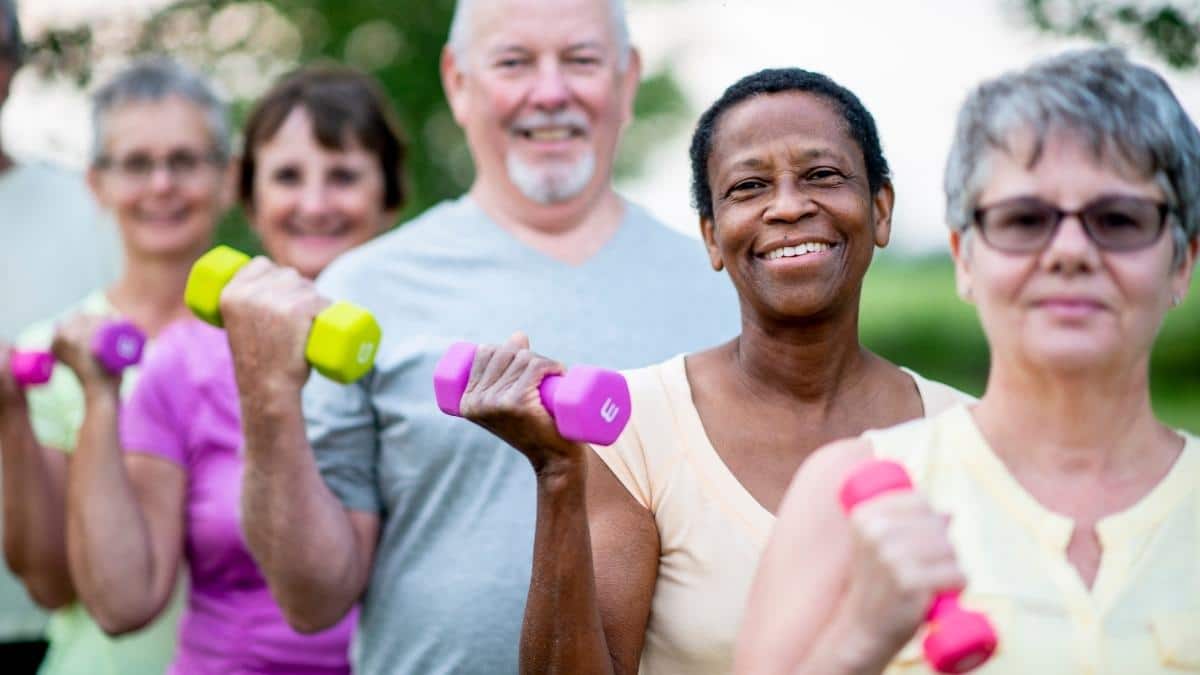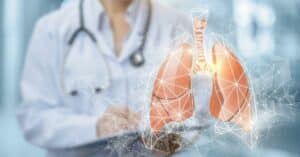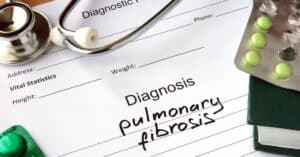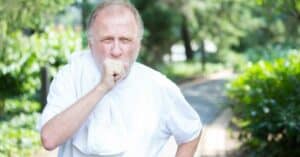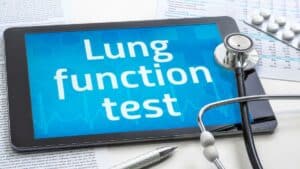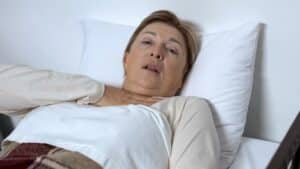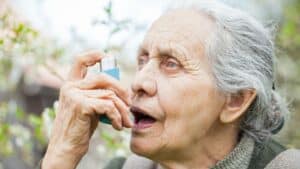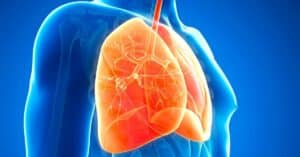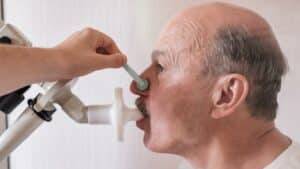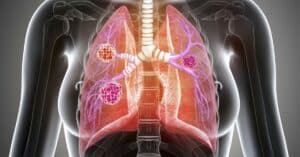Better lung function can be beneficial to all, but can exercise get you there?
For people with a chronic lung disease, the thought of improving lung function is a recurring one. Life with chronic obstructive pulmonary disease (COPD) can be physically exhausting, leaving those who suffer from it breathless from simple activities such as getting dressed or taking a shower.
However, it has been found that regular exercise can have a wide variety of positive benefits on health and well-being. So, Can Exercise Improve Lung Function?
With your health in mind, the Lung Institute is here to give a definitive answer on just how exercise can be used to affect pulmonary function.
The Effects of Exercise on the Lungs

Although many associate exercise with losing weight or promoting a healthy heart, it has been found that regular physical activity can improve quality of life in those with or without a lung condition. In this sense, any physical activity counts as exercise, from gardening to cleaning to taking a walk outside.
For the average adult, it’s recommended that you do 30 minutes of moderate exercise for at least five days per week. This can be as simple as walking fast enough until you’re moderately breathless.
In exercise, two of your most important organs are in action: the lungs and the heart. The lungs bring oxygen into the body, providing energy, and removing carbon dioxide, while the heart pumps oxygen to the muscles being exercised.
Though exercise may leave you feeling ‘out of breath,’ you’ll not be ‘short of breath’. When you have reduced lung function, you use a large portion of your breathing reserve, which may be unpleasant but generally not dangerous.
While it may be tempting to avoid exercise, becoming less fit will ultimately make daily activities even harder. It’s important to remember to always talk with your doctor before starting or modifying your exercise regimen.
Pulmonary Benefits

As exercise begins to promote smoother blood flow and oxygen delivery, the body is able to function at a higher level. This means that the daily exercise of taking a shower or walking to the mailbox can be done with less effort as regular exercise continues.
In comparison to someone who doesn’t exercise, an exerciser typically has a larger blood volume and a better ability to extract oxygen from the lungs and blood.
Lung Function and Lung Capacity
- Lung Capacity– the maximum amount of oxygen your body can use.
- Lung Function– a metric determined by how much air your lungs can hold, how quickly you can move air in and out of your lungs, and how well your lungs put oxygen into and remove carbon dioxide from your blood.
In short, lung capacity is how much air your body can use while lung function is how your body uses it.
So, Can Lung Function be Improved?

The short answer is no, once lung function is gone, it’s gone for good. However, lung capacity can be controlled and improved by 5 to 15 percent through aerobic workouts.
Though exercise does not improve lung function, training can improve endurance and reduce breathlessness by increasing oxygen capacity. This is critical because those with COPD use more energy to breathe than those without.
Knowing When to Stop
Before beginning any strenuous exercise regimen, it’s important to have the approval and guidance of your primary physician. If you experience any of the following symptoms, stop immediately and rest until you feel comfortable.
- Nausea
- Dizziness
- Weakness
- Rapid or irregular heartbeat
- Severe shortness of breath
- Pain
- Pressure or pain in your chest, arm, neck, jaw or shoulder
Overall
Regular exercise can produce a number of favorable changes in the body, allowing it to work more efficiently.
As the scientific community continues to put their best minds to the task of solving the problems of the human body, the Lung Institute will continue to bring these advancements to the public with the hope of bettering quality of life for those who need it most.

Christine Kingsley, APRN is the Health and Wellness Director at the Lung Institute where she focuses on providing helpful online resources for people looking for information on various lung diseases, breathing exercises, and healthy lifestyle choices. She advocates for holistic care that involves working with your doctor to explore all options including traditional and alternative care while focusing on diet and exercise as proactive measures.
